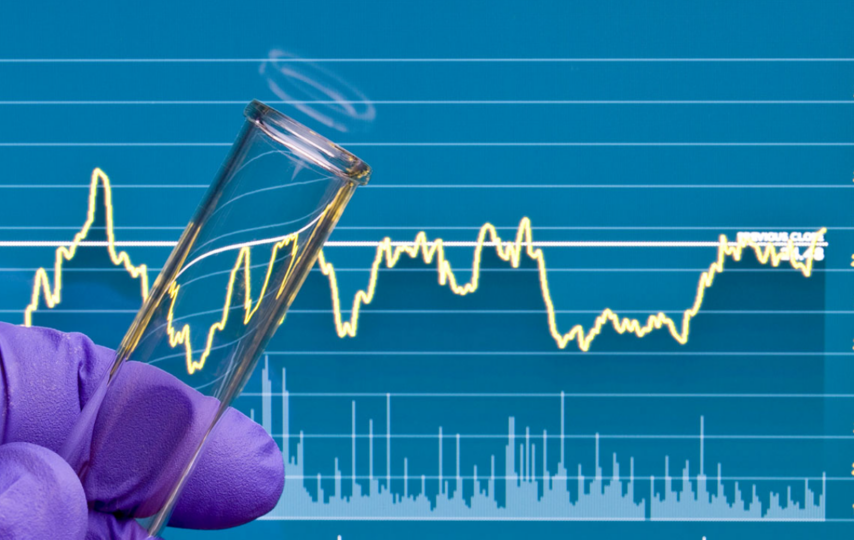Investing in stocks is a crucial part of building financial security. However, deciding where to buy stocks is not just about picking a broker or platform; it’s also about understanding market trends. This article explores how market trends significantly impact your stock-buying decisions.
Understanding Market Trends
Market trends refer to the general direction in which the stock market moves. Recognizing these trends is key to making informed decisions about stock purchases. When the market is on an uptrend, it often indicates a positive economic environment, encouraging investors to buy stocks. On the other hand, a downtrend might signal caution, prompting investors to be more selective or wait for a more favorable market.
Investors should not just follow trends blindly but understand the factors driving these trends. Economic indicators, corporate earnings reports, and global events can all influence market trends. By staying informed, investors can better anticipate market shifts and adjust their strategies accordingly.
The Role of Industry-Specific Trends
Different industries react uniquely to market trends. For instance, tech stocks may soar in a market trend driven by technological advancements, while traditional manufacturing stocks might not see the same level of growth. As an investor, understanding industry-specific trends is vital.
Investing in industries that are currently thriving can be beneficial, but it’s also important to consider future potential. Emerging industries or sectors poised for growth can offer lucrative opportunities, even if they aren’t currently dominating the market. Diversifying your portfolio across various industries can also help mitigate risk.
Timing Your Investments
Timing is everything in the stock market. Market trends can help investors decide when to buy stocks. Buying during an uptrend might seem ideal, but entering the market at a peak can be risky. Similarly, buying stocks during a downturn can be advantageous if the market is close to bottoming out.
However, timing the market perfectly is challenging. A more reliable approach is considering long-term trends and investing with a long-term perspective. This strategy can smooth out the impacts of short-term market fluctuations.
The Impact of Global Events
Global events, such as political changes, natural disasters, or pandemics, can dramatically affect market trends. These events can cause market volatility and uncertainty, influencing where and when to buy stocks.
Investors must stay updated with global news and understand how these events might impact different sectors. For instance, a political change might benefit certain industries while harming others. Being aware of these dynamics can guide investors in making more informed decisions.
Risk Management
Market trends are unpredictable, and following them carries risks. Investors need to manage their risk appropriately. This includes setting stop-loss orders, diversifying their portfolio, and making right investments for them.
Understanding your risk tolerance and investment goals is crucial. Some investors might be comfortable with high-risk, high-reward strategies, while others prefer a more conservative approach. Aligning your stock-buying decisions with your personal risk tolerance is key to a successful investment strategy.
SoFi states, “Tell us your risk tolerance and goals, and you’ll get a diversified portfolio automatically managed for you – with no SoFi management fee.”
Market trends play a crucial role in deciding stock market platforms. By understanding and analyzing these trends, investors can make more informed decisions, manage risks, and potentially increase their chances of success in the stock market. Remember, investing in stocks requires patience, research, and a well-thought-out strategy aligned with your financial goals and risk tolerance.








